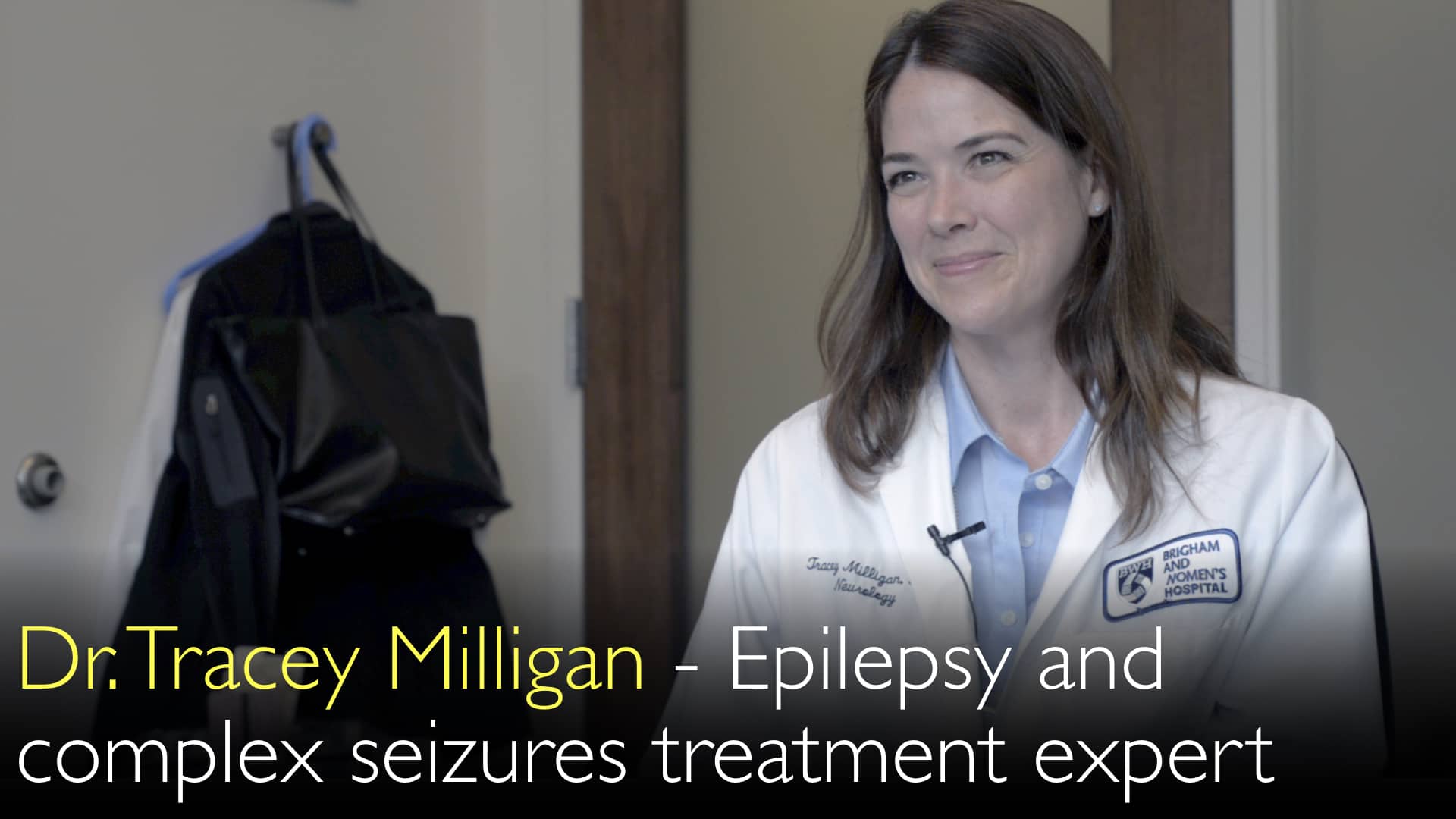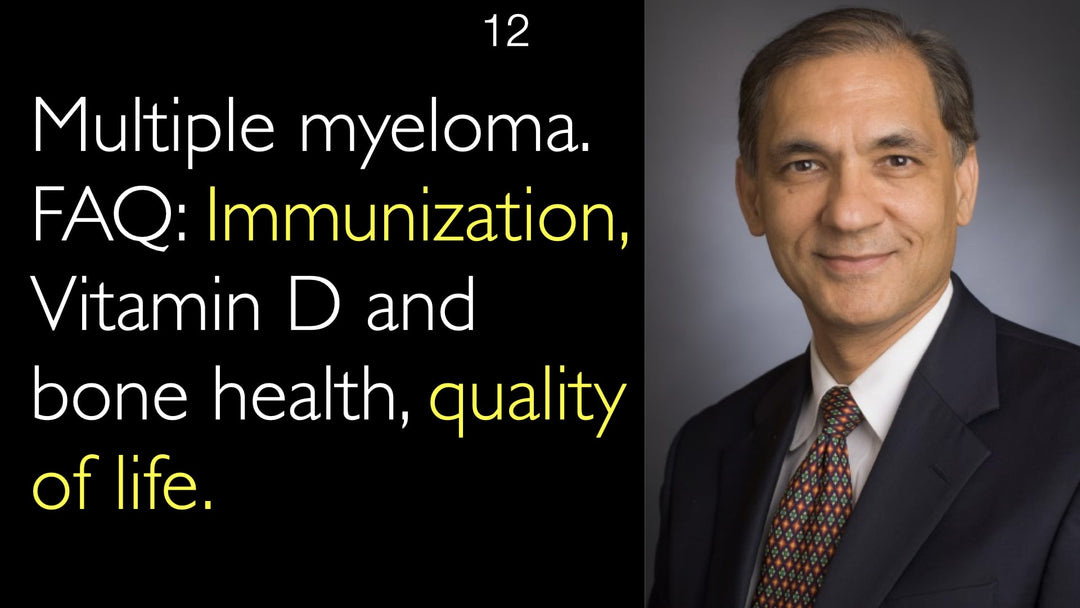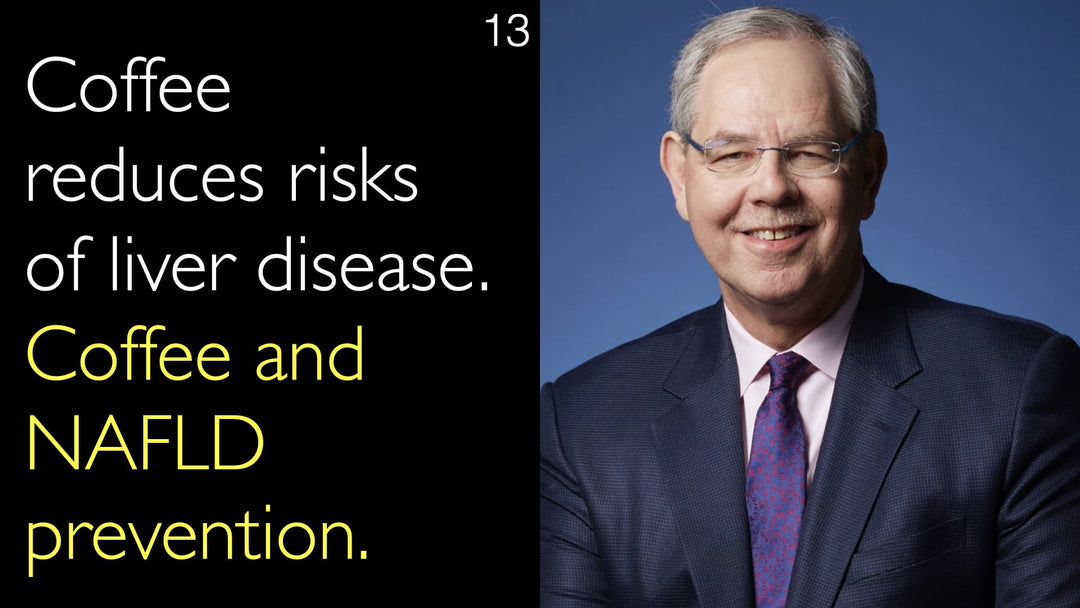Referência no tratamento da epilepsia, a Dra. Tracey Milligan, MD, apresenta opções não farmacológicas para o controle de crises. Ela detalha a eficácia da dieta cetogênica e suas variações em casos de epilepsia farmacorresistente. A especialista também aborda as evidências do uso de canabidiol (CBD) em síndromes específicas, como Dravet e Lennox-Gastaut, e alerta enfaticamente contra produtos de CBD não regulamentados devido ao risco de contaminação. A entrevista ressalta que essas abordagens complementam, mas não substituem, medicações antiepilépticas comprovadas.
Tratamentos Não Farmacológicos para Epilepsia: Dietas, CBD e Neuroestimulação
Navegar para a Seção
- Tratamento da Epilepsia com Dieta Cetogênica
- Óleo de CBD para Crises Epilépticas
- Riscos do CBD Não Regulamentado
- Neuroestimulação para Epilepsia
- Integração de Terapias Não Medicamentosas
- Transcrição Completa
Tratamento da Epilepsia com Dieta Cetogênica
A Dra. Tracey Milligan, MD, destaca a dieta cetogênica como um tratamento não farmacológico potente para a epilepsia. Rica em gorduras e com baixo teor de proteínas e carboidratos, essa dieta pode ser tão eficaz quanto um medicamento antiepiléptico. Em alguns casos de epilepsia farmacorresistente, ela chega a oferecer um controle superior das crises.
A Dra. Milligan reconhece, porém, o grande desafio de manter essa dieta restritiva. A dificuldade muitas vezes leva os pacientes a abandoná-la, mesmo quando ela se mostra eficaz. Variações como a dieta Atkins modificada ou a dieta de baixo índice glicêmico oferecem um pouco mais de flexibilidade. Essas versões permitem cerca de 15 a 20 gramas de carboidratos por dia — o equivalente a uma única fatia de pão.
Óleo de CBD para Crises Epilépticas
A maconha medicinal, especialmente o canabidiol (CBD), é um tema frequente nas consultas. A Dra. Tracey Milligan, MD, explica que a planta da maconha contém dois compostos principais: THC e CBD. O THC é o componente psicoativo responsável pelo “barato”, enquanto o CBD não tem essas propriedades.
Evidências de ensaios clínicos apoiam o uso do óleo de CBD para síndromes epilépticas específicas e graves. A Dra. Milligan observa que o CBD demonstrou eficácia no tratamento da síndrome de Dravet e da síndrome de Lennox-Gastaut. Seu uso em formas mais comuns de epilepsia ainda está sob investigação científica.
Riscos do CBD Não Regulamentado
A Dra. Tracey Milligan, MD, alerta sobre a falta de regulamentação no mercado de CBD. Os produtos disponíveis aos consumidores não passam por controle de qualidade. Análises de óleos de CBD comercializados revelaram que alguns não contêm canabidiol algum, apesar do que indicam os rótulos.
Esses produtos também podem estar contaminados com substâncias nocivas. A Dra. Milligan destaca o risco de presença de pesticidas e metais pesados. Por questões de segurança e eficácia, ela não recomenda o uso fora de ensaios clínicos rigorosos.
Neuroestimulação para Epilepsia
Para pacientes com epilepsia farmacorresistente que não são candidatos à cirurgia, os dispositivos de neuroestimulação são uma alternativa. A Dra. Tracey Milligan, MD, cita tecnologias como o estimulador do nervo vago (ENV). Esses dispositivos liberam impulsos elétricos no cérebro ou sistema nervoso para ajudar a prevenir crises.
O Dr. Anton Titov, MD, explora as razões que levam os pacientes a buscar esses tratamentos alternativos durante a entrevista. A tecnologia representa uma intervenção avançada para casos selecionados em que outras opções foram esgotadas.
Integração de Terapias Não Medicamentosas
Um princípio fundamental no tratamento da epilepsia é que as terapias não farmacológicas são adjuvantes, e não substitutas. A Dra. Tracey Milligan, MD, enfatiza que os medicamentos antiepilépticos são a base comprovada da terapia, essenciais por se tratar de uma condição potencialmente fatal.
O papel das dietas, do CBD em ensaios ou da neuroestimulação é complementar a medicação. O objetivo é potencializar o efeito dos medicamentos e melhorar o controle das crises. A Dra. Milligan ressalta que esses métodos devem sempre ser usados em conjunto com, e não no lugar de, medicamentos antiepilépticos.
Transcrição Completa
Dr. Anton Titov, MD: Quais são os tratamentos não farmacológicos para epilepsia? Como tratar a epilepsia sem medicamentos? Quais dietas ou terapias à base de plantas têm evidências de eficácia? E quais tratamentos populares não têm comprovação científica?
Os tratamentos não farmacológicos despertam grande interesse em pacientes com crises epilépticas.
Dra. Tracey Milligan, MD: Os tratamentos farmacológicos são um pilar importante, mas outros fatores também são cruciais para um bom controle das crises.
Dormir bem é muito importante para quem tem epilepsia. Manter uma saúde geral adequada também: sono suficiente, alimentação balanceada e exercícios regulares.
Entre os tratamentos específicos, está a dieta. A dieta cetogênica, por exemplo, pode ser tão útil quanto um medicamento antiepiléptico — ou até mais, em alguns casos de epilepsia farmacorresistente.
Ela é muito rica em gorduras e pobre em proteínas e carboidratos. Mas é difícil mantê-la no dia a dia. Muitos pacientes desistem justamente pela restrição, mesmo quando ela ajuda.
Há variações, como a dieta de baixo índice glicêmico ou a Atkins modificada, que permitem um pouco mais de calorias e proteínas. Ainda assim, é uma dieta low-carb: são permitidos apenas 15 a 20 gramas de carboidratos por dia — o equivalente a uma fatia de pão.
Dr. Anton Titov, MD: Pode ser muito desafiador, mas também muito eficaz.
Dra. Tracey Milligan, MD: Outro tratamento não farmacológico muito perguntado é a maconha medicinal. É a questão mais comum sobre alternativas aos medicamentos.
Há ensaios clínicos com canabidiol, ou CBD. A maconha tem dois componentes principais: o THC, que altera a mente, e o CBD, que não tem efeito psicoativo.
O óleo de CBD mostrou-se útil em alguns tipos específicos de epilepsia, como as síndromes de Dravet e de Lennox-Gastaut — formas mais graves. Para outros tipos, ainda estamos estudando.
É importante destacar: atualmente, o CBD disponível no mercado não é regulamentado. Análises de produtos vendidos como “óleo de CBD” mostraram que alguns não tinham canabidiol algum.
Além disso, podem conter pesticidas e metais pesados.
Dr. Anton Titov, MD: Ou seja, o canabidiol hoje não tem regulamentação.
Dra. Tracey Milligan, MD: Ainda estamos em fase de estudos clínicos. Não é algo que eu recomendaria no momento.
Há outros métodos com mais evidências, como a neuroestimulação — por exemplo, o estimulador do nervo vago. Usamos quando a cirurgia não é viável, mas o paciente tem epilepsia farmacorresistente. São tecnologias para casos selecionados.
Dr. Anton Titov, MD: Por que os pacientes buscam tratamentos não farmacológicos? É aversão a medicamentos, ou porque eles não funcionam? Que razões os pacientes dão?
Dra. Tracey Milligan, MD: Sempre reforçamos que esses métodos são complementares, porque a epilepsia pode ser fatal.
Os medicamentos antiepilépticos funcionam — talvez não 100%, mas funcionam. Outros tratamentos, como dietas, servem para potencializar esse efeito.
Nunca os usamos no lugar dos medicamentos, sempre como um adicional.








